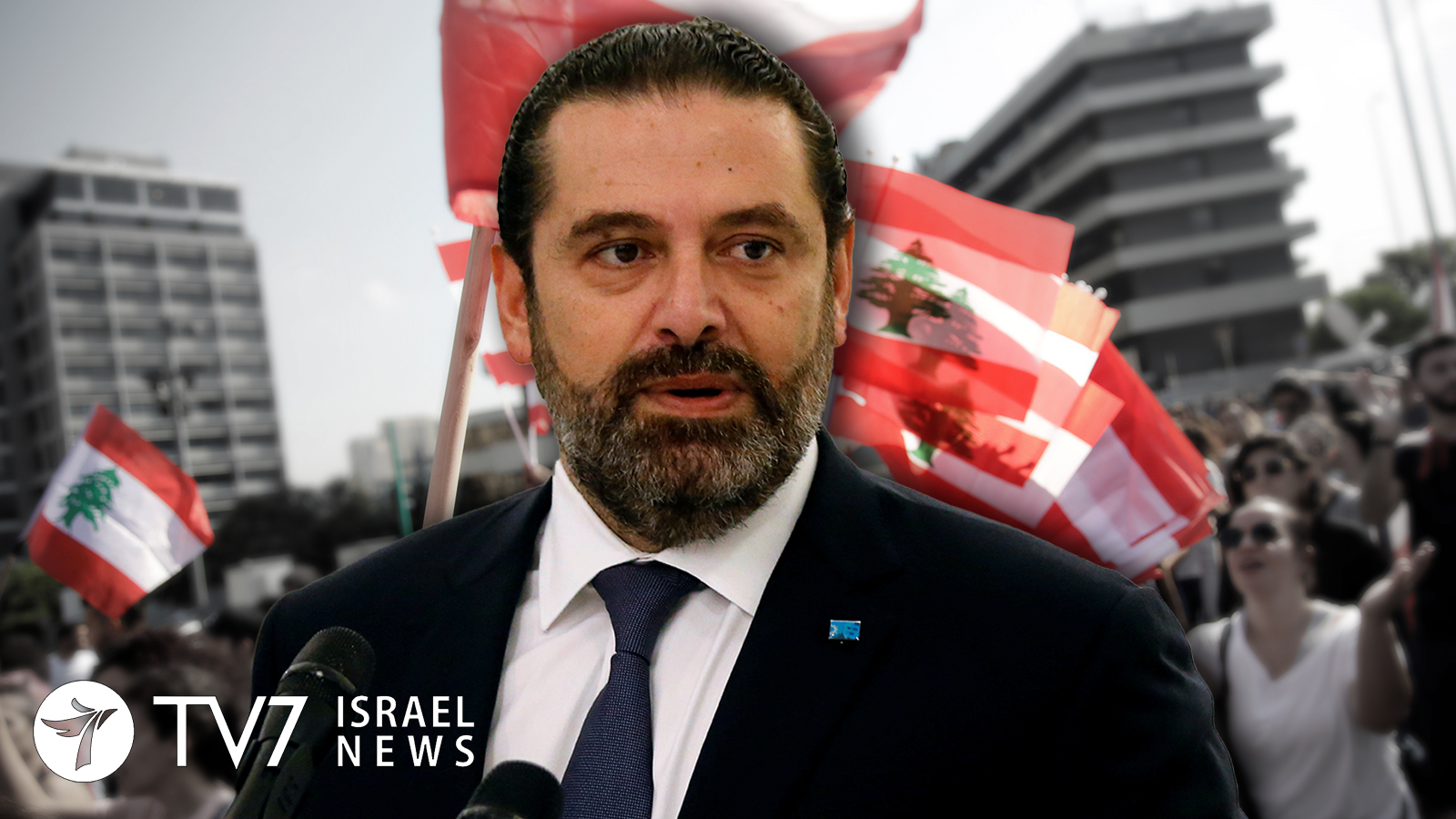France is set to host an international conference tomorrow (December 11) aimed at restoring economic and political stability to Lebanon, as the country faces its greatest existential crisis since the 1975-90 civil war. Members of the International Lebanon Support Group, which includes Gulf Arab donors such as the Saudi Arabia, major European powers and the United States, will convene in Paris.
The gathering is co-sponsored by the United Nations and the French Ministry for Europe and Foreign Affairs, the latter of which released a statement saying “This meeting should allow the international community to call for the swift formation of an effective and credible government that will take the decisions needed to ensure economic recovery and respond to the aspirations expressed by the Lebanese people.”
The economic turmoil has been steadily rising due to years of waste and corruption that have landed Lebanon with one of the world’s heaviest debt burdens. Just last year, international donors at a Paris conference pledged $11 billion in assistance to Lebanon, conditional on a series of structural and economic reforms that it failed to implement. The Mediterranean country sustains one of the world’s highest debt to gross domestic product ratios amid political infighting that has essentially paralyzed the government from enacting the required changes. Mass public demonstrations have been taking place across the nation since October 17 over widespread allegations of corruption and nepotism among Beirut’s ruling class, who are being held accountable for the $86bn of public debt equitable to 150% of GDP debt. Banks have imposed capital controls and the Lebanese pound has lost a third of its value on a black market
The French Foreign Ministry statement stressed that tomorrow’s conference “aims to detail the conditions required and indispensable reforms expected from the Lebanese authorities so that the international community is able to accompany Lebanon,” adding “The necessary conditions and the much-need anticipated reforms on the part of the Lebanese government must be clarified in order for the international community to be able to lend its support to Lebanon.”
In an effort to deter sectarian conflict and provide proportional representation of Lebanon’s the 18 recognized religious groups, its parliamentary democratic system includes the practice of “confessionalism” – requiring the filling of high-ranking offices according to pre-assigned religious members. The Deputy Prime Minister and the Deputy Speaker of Parliament must be Eastern Orthodox Christians, the President a Maronite Christian and Speaker of the Parliament a Shi’ite Muslim.
The Reuters news agency cited several analysts who say there is little prospect of a quick end to a standoff that reflects an old power struggle between Hariri, who is aligned with Western and Sunni Muslim Gulf Arab states, and adversaries including the Iran-backed Shi’ite group Hezbollah.
“They are trying to see who can scream first and it is too dangerous a game,” said Mohanad Hage Ali, a fellow at the Carnegie Middle East Center. He expanded that, “There are deep miscalculations by all political sides about how this will unfold. The old type of politics does not apply.”
Hariri is insisting he will only return if he is permitted to preside over a cabinet of ‘Specialist Ministers’ he believes can mollify public anger by successfully resolving the economic crisis and attracting greater foreign aid. While the powerful Hezbollah terror group and its allies, including President Michel Aoun, insist the government include politicians; a senior source familiar with the view of Hezbollah and its Shi’ite ally Amal said Hariri should be now designated prime minister to enhance the legitimacy of his current caretaker government in the event the formation of a new cabinet is delayed. Hariri has not commented since Khatib withdrew his candidacy, although a political source said his position remains unchanged.
According to domestic political analyst Rajeh Khoury, “The government will not be formed quickly“, and “the country is in a state of economic collapse and political bankruptcy.”
This past week, the Labor Minister of the caretaker government revealed that many citizens have lost jobs or had their salaries halved; and within one week alone, more than 60 firms requested authorization to fire their entire work forces.
There is little hope the Paris conference will be manifested in any meaningful developments. Lebanon itself is only dispatching a low-level delegation lacking in any significan decision-making powers. Even more critically, neither the delegation nor Beirut have formulated any specific strategies to overcome political quagmire necessary for a major reformation of the national economy.
“You need to have a government in place or the current caretaker government to form a crisis management committee to address the pressing economic and financial issues,” said Nassib Ghobril, the chief economist at Lebanon’s third-largest bank, Byblos.He told the United Arab Emirates’ The National news service, “You need to go and present something credible, [but] the perception of the political class is that there is no sense of urgency, [which is only] deepening the crisis of confidence of the citizens and the private sector.”
— By Erin Viner
